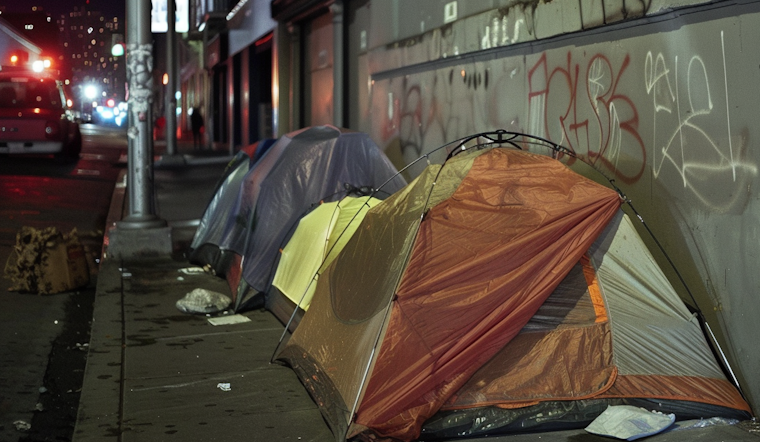
The landscape of how cities manage public camping by unhoused individuals is poised for a shift following the Supreme Court's recent decision in the case of City of Grants Pass, Oregon v. Johnson. Today, San Francisco City Attorney David Chiu delivered a statement in light of the ruling, which affects local litigation concerning the city's ability to dismantle tent encampments. The high court's decision ultimately grants municipalities greater leeway in enforcing regulations on camping on public grounds without breaching the Eighth Amendment's prohibition of "cruel and unusual punishment".
"San Francisco has and will continue to take a compassionate, services-first approach to addressing our homelessness crisis", Chiu stated, according to the San Francisco City Attorney's Office. His office is reviewing the decision to determine how to realign city policies with the Supreme Court's stance. Notably, the decision to overturn the previous Ninth Circuit Court's judgment disrupts the foundation of the preliminary injunction order in another ongoing case, Coalition on Homelessness v. San Francisco.
While clarifying that the decision does not equate to criminalizing status as homeless, Chiu praised the approach the Supreme Court took, which resonates with the current administration's stance in not policing every encounter between city workers and the unhoused. "The complexity of these questions, and the lived experiences of our City’s workers, illustrate why our position has been that courts are not equipped to police every interaction between government workers and unhoused people", he affirmed, per the San Francisco City Attorney's Office.









